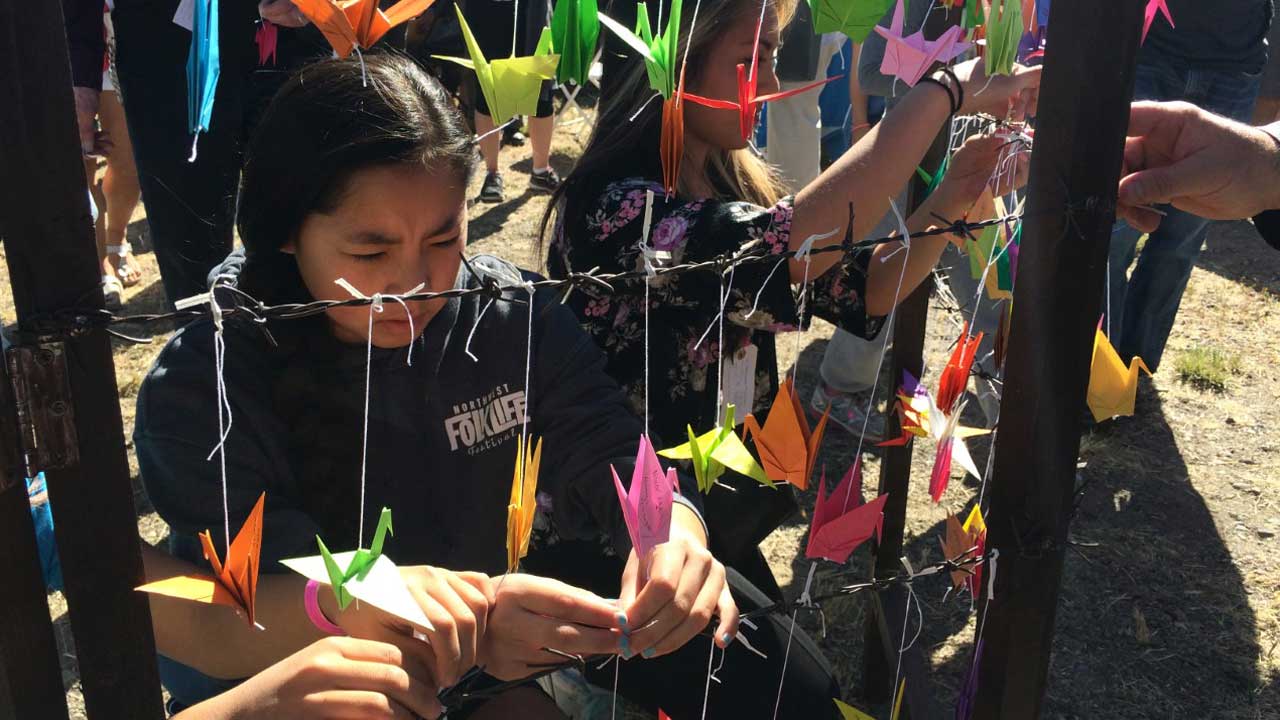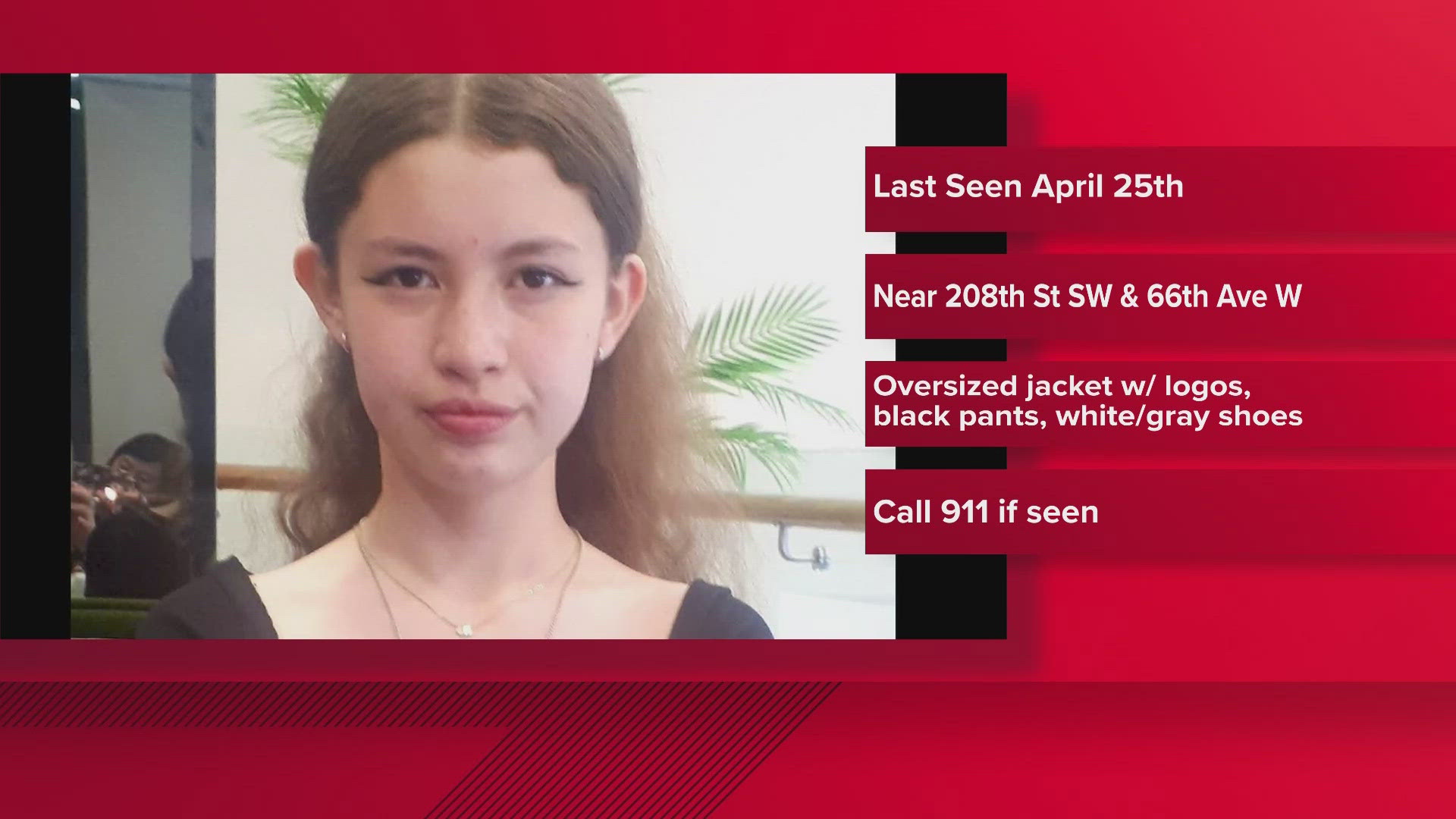HUNT, Idaho -- In the dust and scrub of what used to be an American concentration camp sit an old fashioned scoreboard and freshly-stained wooden backstop.
About 250 people helped dedicate the new ball field on the grounds of the Minidoka National Historic Site, where ten thousand Americans of Japanese ancestry were incarcerated during World War Two.
Many in Sunday's audience were part of the 2016 Minidoka Pilgrimage, which annually brings former incarcerees, their friends and family for a weekend of educational workshops. A visit to the camp site is a highlight.
"As a kid here, I enjoyed playing baseball," commented Teru Shibata of Seattle. "It gave me confidence, so when I got out (of camp) I tried out for the Garfield High School team and got on. Our team eventually went to State!"
The baseball field is the latest of several restorations and re-creations at the site, including barracks, a mess hall, fire station, warehouses and an iconic guard tower. The National Park Service works with volunteers and incarceration survivors on the interpretive materials and site development.
"We want to tell survivors they have not, and will not, be forgotten" said Dale H. Watanabe, a longtime member of the Minidoka Pilgrimage organizing committee, which held its first pilgrimage in 2003. . He said the incarceration of 110- thousand Japanese Americans from 1942 to 1945 was a serious violation of civil rights, based on race and wartime hysteria.
Communities must work together in faith and have patience, said Namira Islam, executive director of MuslimARC, who also spoke at the ceremony. She said calls for walls and locking people up based on race or religion are simply wrong.


